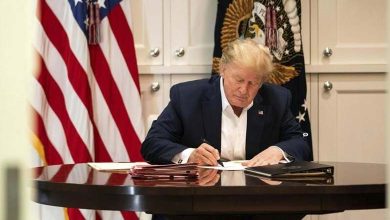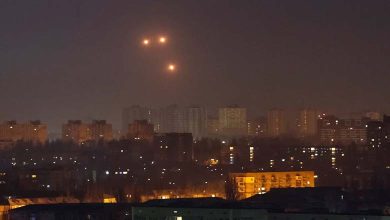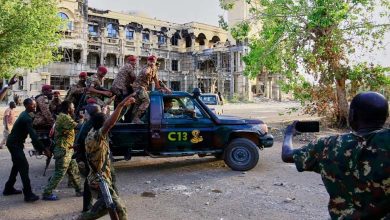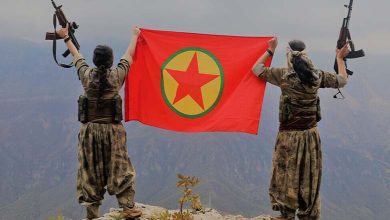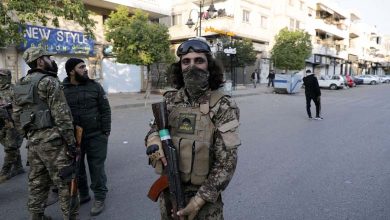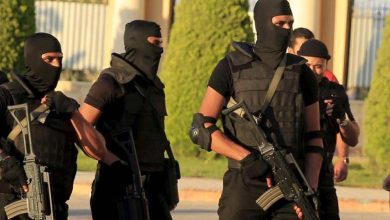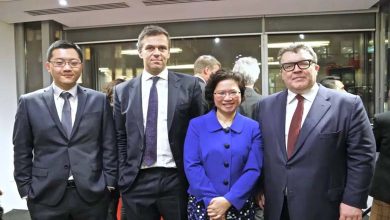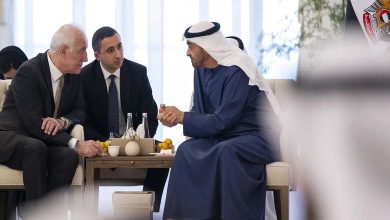Between the Army and the Brotherhood… A Writer Summarizes the Sudanese Crisis
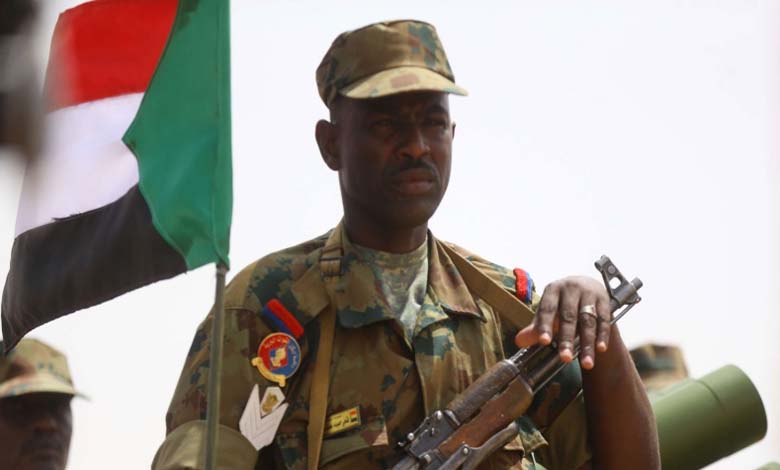
Sudanese journalist Abdel Moneim Hemmat stated that anyone who examines the current Sudanese scene with an analytical eye that does not overlook historical roots will understand that the crisis is not sudden or the result of isolated political mistakes. Rather, it is the direct product of an old — and ongoing — alliance between the military institution and the Muslim Brotherhood. This alliance has shaped the structure of the Sudanese state for more than three decades, turning it into a constant battleground between the logic of the state and the logic of the group.
-
The Muslim Brotherhood in Sudan Seeks to Return to the Scene Through International Conferences… Details
-
Amidst the Crimes of the Muslim Brotherhood in Sudan… The ICC Demands the Disclosure of Bashir and Haroun’s Whereabouts
In an article published on the Al-Rakoba website, Hemmat wrote: “This bond was formed with the coup of June 30, 1989, when the Sudanese army transformed from a national institution into an executive arm of an ideological project that only recognized the state insofar as it served to empower it. Since then, Sudan has become a hijacked state — governed not by the logic of citizenship but of loyalty, not by the constitution but by a ‘jurisprudence of necessity,’ not progressing toward the future but drowning in the revival of pre-state identities.”
-
Power Sharing Deals… New Maneuvers by the Muslim Brotherhood in Sudan
-
Reasons to classify the Muslim Brotherhood in Sudan as a “terrorist group”
The journalist affirmed that Sudan’s current crisis is not a crisis of political transition, but a structural crisis — a crisis of a military institution that has merged with the Brotherhood’s project to the point where the boundaries between barracks and pulpits, politics and ideology, nation and group have all but disappeared. Thus, any vision to escape this impasse cannot succeed unless it begins with a complete rupture of this organic connection between the army and the Brotherhood.
-
The Brotherhood in Sudan return to the scene… Under the watchful eye and ear of the army!
-
Among them is an intelligence officer.. Arrest of Brotherhood in Sudan
He explained: “For three decades, the military institution has served as the backbone of governance — not as a guarantor of stability, but as a tool of control and domination in the hands of a specific group. During this period, the army itself was reengineered — in both organization and ideology — to serve the Brotherhood’s project rather than protect the state.”
He added: “Today, with every serious attempt at transitioning to a democratic civilian rule, the same truth is revealed: the army remains captive to that historical relationship, and breaking that bond is not a political luxury, but an existential necessity.”
-
The Muslim Brotherhood Fuels Sudan’s War to Regain Power… How?
-
Muslim Brotherhood Security Cells: International Documentation Exposes a Plot to Silence War Opponents in Sudan
Hemmat stressed the need to reformulate the military doctrine on purely national foundations, pledging loyalty to the constitution and law — not to a leader, a sheikh, or a party. This also requires restructuring the military institution so that it falls under the authority of an elected civilian government. Those who exploited the army for repression, empowerment, or illicit enrichment must be held accountable transparently, without evasion or exceptions. Additionally, a comprehensive national project must be launched — one that redefines the state as a homeland for all its citizens, not a battleground for factional scores, and that lays the foundation for coexistence that excludes no one and imposes no identity over another.
-
The Muslim Brotherhood’s Congratulations to the Sudanese Army… A Move That Reveals the Group’s Role in Fueling the Conflict
-
Khartoum’s Liberation Exposes Alliances: Muslim Brotherhood’s Congratulatory Message to the Sudanese Army Raises Questions


